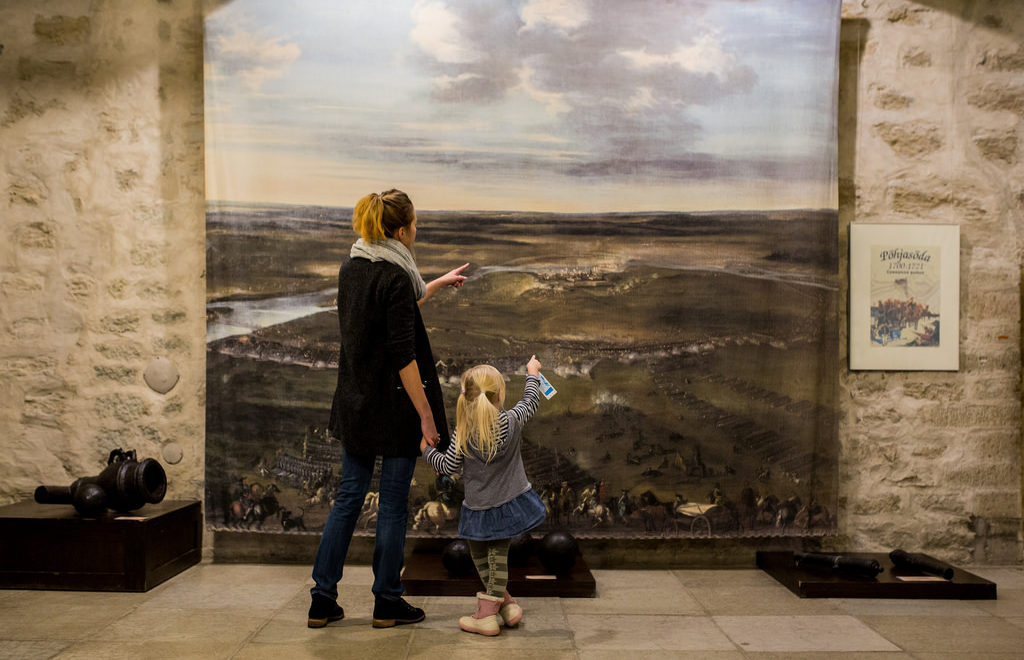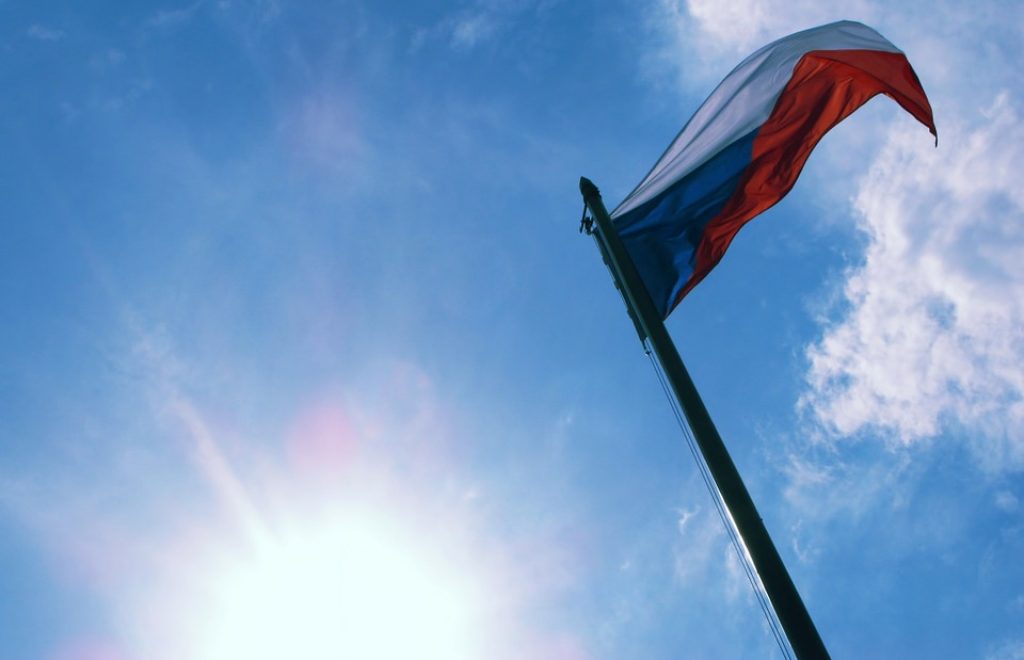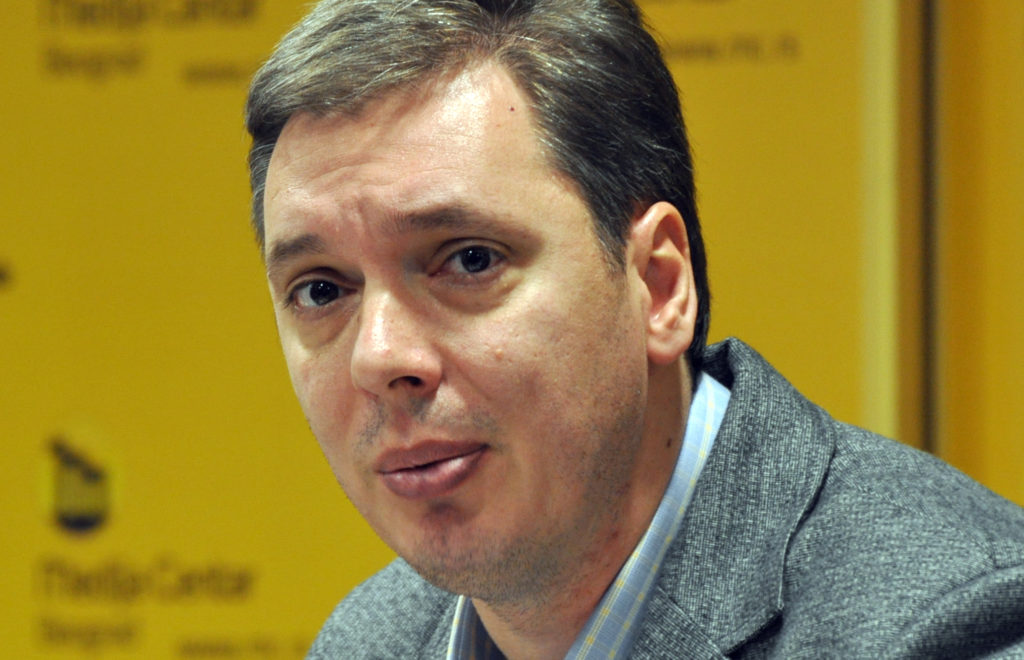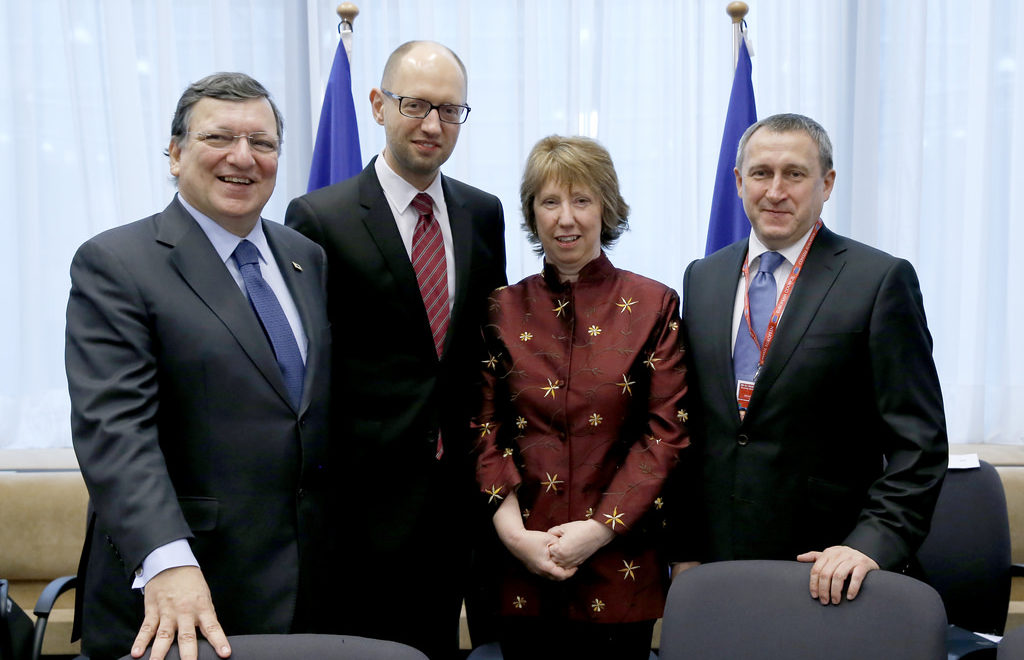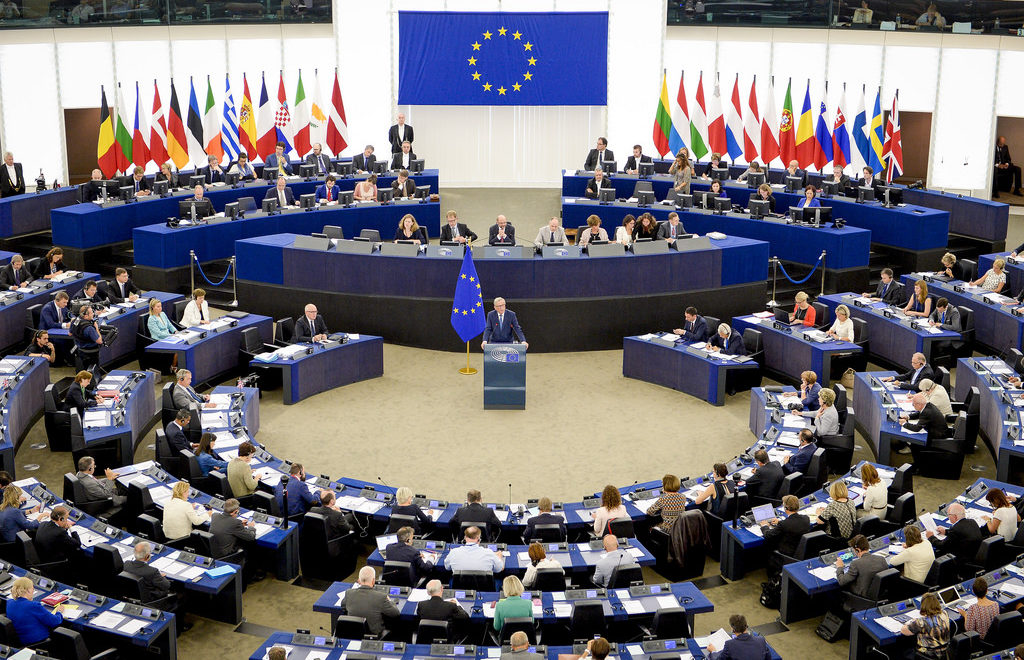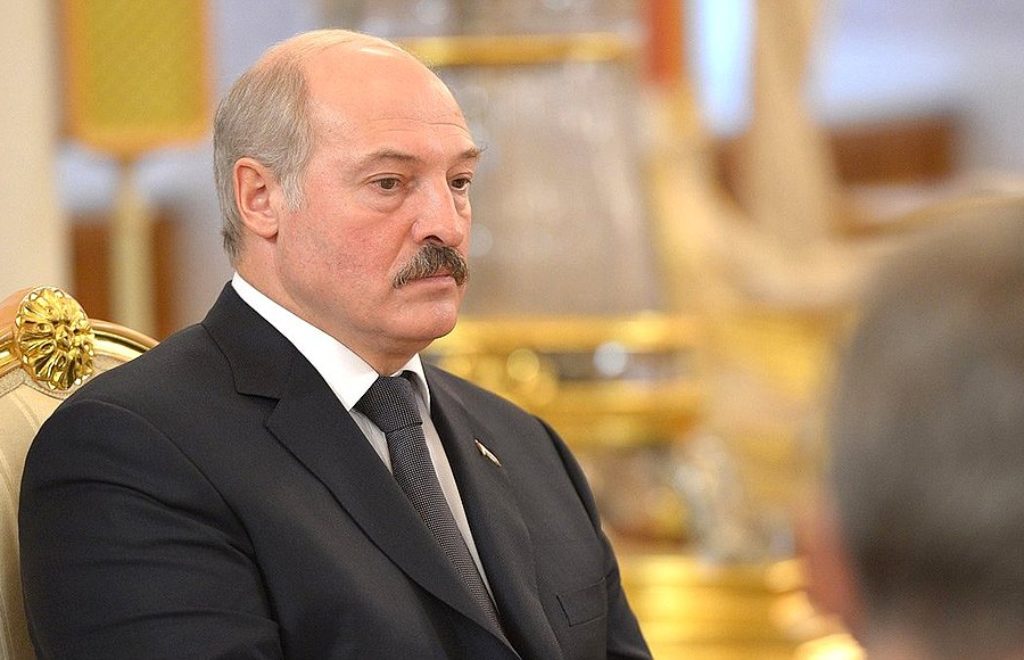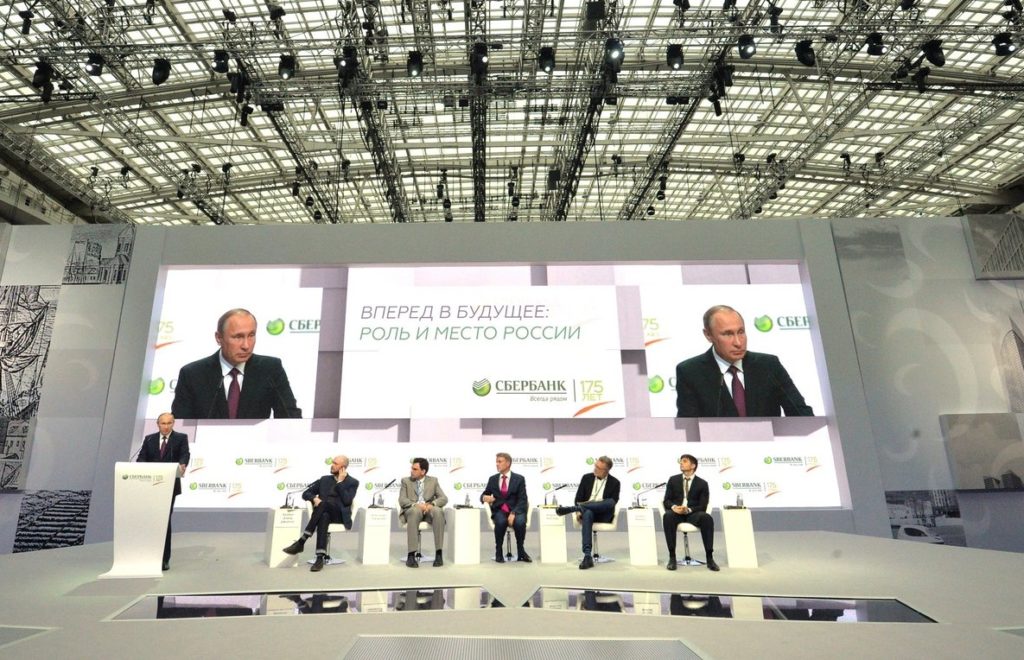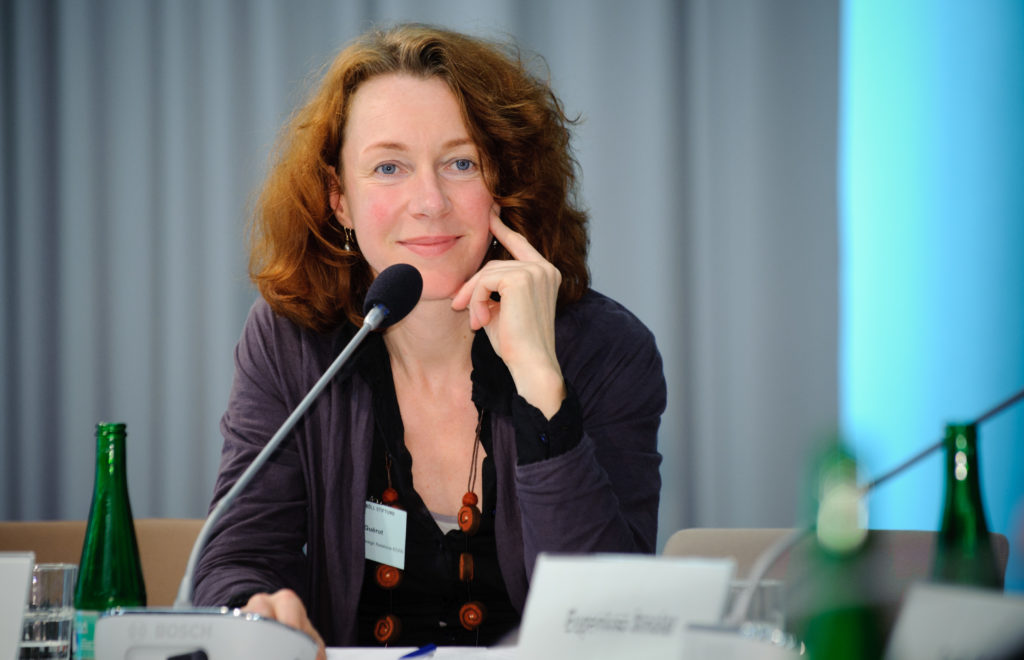Integration and security: Estonia’s Russian-speaking minority
It is no surprise that the international community has become more preoccupied with the diplomatic relations between Estonia and Russia. While interest in the country’s political affairs is not particularly new, the increasing tensions between the Baltic states and Russia continue to alarm those who fear the possibility of conflict.
June 12, 2017 - Silviu Kondan


